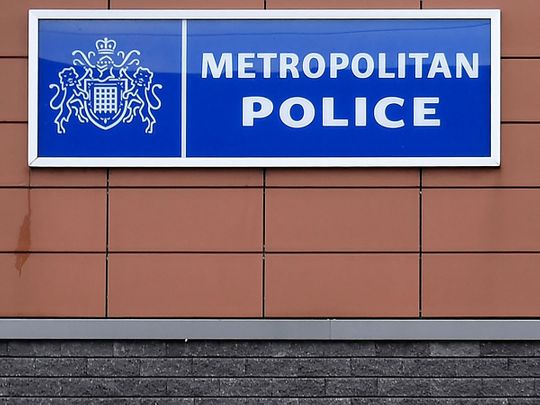London police have made significant strides in crime fighting, successfully arresting over 500 individuals through the use of advanced facial recognition technology. This innovative system captures images of people in public spaces and matches their faces against a watchlist that includes wanted criminals, missing persons, and other individuals of interest.
The installation of facial recognition cameras in strategic locations has proven to be an effective tool for law enforcement. Officials report that this technology enables real-time identification, allowing officers to respond quickly and effectively. The arrests cover a range of offenses, from minor infractions to serious crimes, with many suspects who had previously managed to evade capture now in custody.
However, the implementation of facial recognition technology has ignited discussions surrounding privacy and ethical implications. Advocacy groups have voiced concerns about the potential for misuse and the accuracy of the system, especially regarding false positives. In light of these concerns, London police have assured the public that stringent protocols are in place to ensure responsible use, with all matches being confirmed by trained personnel.
Despite the ongoing debates, the successful arrests underscore the promise of facial recognition technology in contemporary policing. As this technology advances, it not only offers insights into the future of crime prevention but also prompts essential conversations about the balance between public safety and individual rights.









